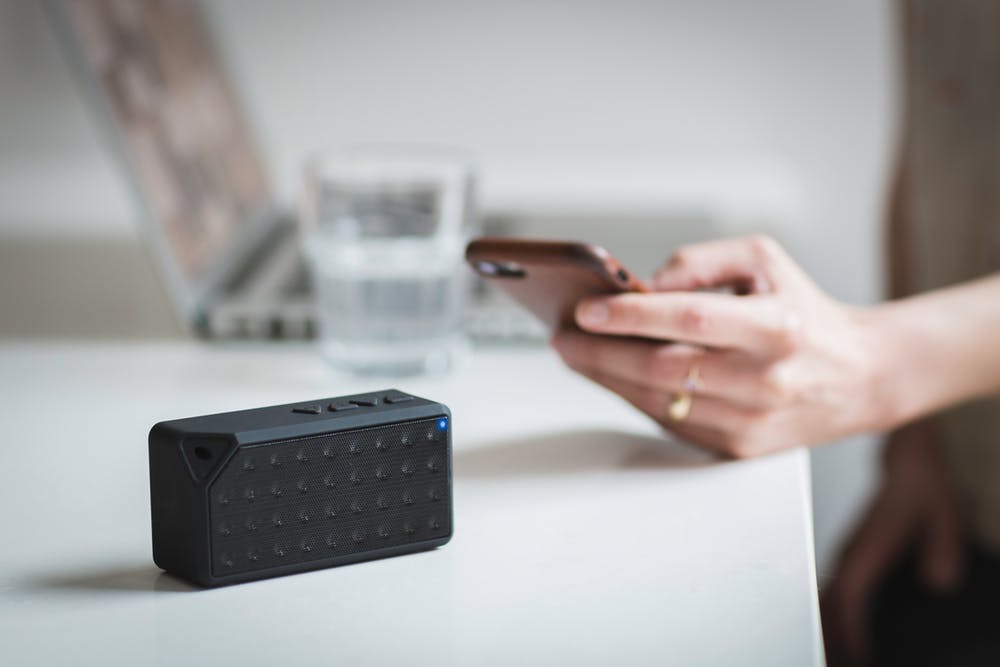New York Cyber Security Study is Scary

If there is one industry where both organizations and consumers alike would want the most stringent levels of cyber security, it is likely the financial services industry. The fallout of even one successful hacking event attempted on a bank, a credit card company, a credit reporting agency, has far reaching consequences for both consumers and […]
Hackers Target Businesses: Owners 12x More Likely To Be a Cyber Target

As a business owner, you have enough to worry about. But a new statistic stating hackers target businesses owners over 12x, now you have to worry about being a cyber target, too. But, what does it mean to be a cyber target? Is there something more you should do? Your business already has a firewall and anti-virus software. […]
Watch Out for Cyber Attacks this Holiday Season

Cyber security is something we all need to worry about, but the holiday season may make us more vulnerable to certain kinds of cyber attacks, most of which revolve around holiday shopping. Here are some of the scams that tend to show up this time of year: E-Skimming The target of e-skimming is company’s online […]
7 Cyber Security Basics to Teach Your Employees

When people hear “cyber crime,” they will often picture a malicious, shadowy figure doing complex hacking to break into a system. The reality is that the danger is much more likely to be from your own staff. Employee negligence is the biggest risk to cyber security for American companies, with human error being the main […]
Is Your Business WiFi Network Secure?

More and more businesses rely on their internet connection to provide outstanding customer service. Additionally, to support the productivity levels of virtually every employee in their company. Not only is it important for everyone to have good access to the router, it’s also vital to ensure that only employees have access to business WiFi. Here […]

